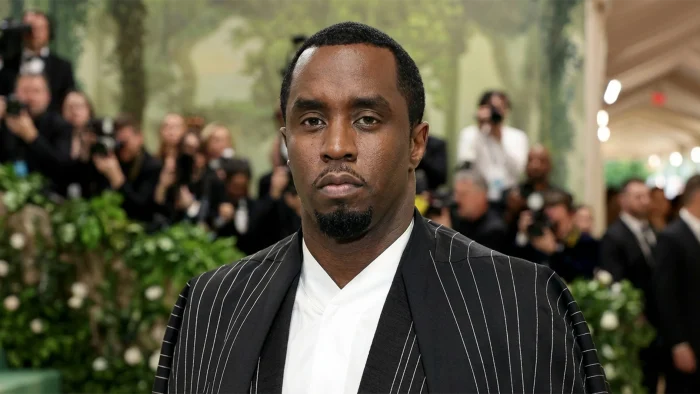 In an era where environmental concerns are reaching a tipping point, Dr. Uchenna Umeohia’s groundbreaking work in sustainable food packaging is capturing global attention. As a prominent figure in the field, Dr. Umeohia’s contributions are addressing critical environmental challenges, both in Nigeria and abroad. His pioneering solutions, highlighted in The Guardian, are setting new standards for the future of food packaging.
In an era where environmental concerns are reaching a tipping point, Dr. Uchenna Umeohia’s groundbreaking work in sustainable food packaging is capturing global attention. As a prominent figure in the field, Dr. Umeohia’s contributions are addressing critical environmental challenges, both in Nigeria and abroad. His pioneering solutions, highlighted in The Guardian, are setting new standards for the future of food packaging.
The global demand for more eco-friendly alternatives has never been higher, with the food packaging industry at the heart of this shift. “Food packaging is essential for food safety, quality preservation, and convenience. But we must acknowledge the environmental cost of traditional packaging materials, particularly plastics,” Dr. Umeohia explained. “In 2023 alone, over 300 million metric tons of plastic waste were generated worldwide, a large portion of which came from the food and beverage sector. This plastic waste is clogging landfills and oceans, and it’s time for change.”
Dr. Umeohia’s research is focused on developing sustainable packaging materials that are biodegradable, recyclable, or compostable. His efforts are not just about meeting the growing demand for green alternatives; they also aim to provide scalable, practical solutions that can significantly reduce the food sector’s carbon footprint.
As a renowned food scientist, Dr. Umeohia has long championed innovations that balance environmental friendliness with food safety. His interdisciplinary approach, which combines material science, environmental engineering, and food safety, has resulted in several breakthroughs, including biodegradable polymers and edible packaging.
“One of my key innovations is plant-based biodegradable polymers, derived from renewable sources such as food processing waste. These polymers are a promising alternative to the petroleum-based plastics that dominate the food packaging industry,” he shared. These biopolymers, designed to break down naturally, preserve food quality and extend shelf life—without relying on harmful preservatives or additives—represent a critical shift towards sustainable packaging in the food industry.
In addition to biopolymers, Dr. Umeohia has been exploring edible packaging made from plant-based ingredients. “Edible wrappers and films can reduce waste and serve as a unique solution for packaging fresh foods,” he noted. “This aligns perfectly with the zero-waste movement, where the goal is to minimize environmental impact through sustainable practices.”
Dr. Umeohia’s work is driving the adoption of a circular economy in the packaging sector, where materials are reused, recycled, or composted, helping reduce waste and conserve natural resources. “This is more than just an academic pursuit. It’s a global imperative. Sustainable packaging solutions are vital to achieving broader sustainability goals, such as reducing carbon emissions and minimizing waste,” he emphasized.
As his research evolves, Dr. Umeohia’s contributions will undoubtedly shape the future of food packaging. By marrying innovation with sustainability, his work offers hope for a world where packaging does not come at the expense of the planet’s health. “I am committed to ensuring that the solutions we develop today will be integral to the systems of tomorrow, reducing environmental harm while meeting the growing demand for sustainable practices,” he concluded.
Dr. Umeohia’s continued dedication to advancing sustainable food packaging is not just a step forward in science; it’s a vital part of creating a more sustainable, waste-free future for all.








